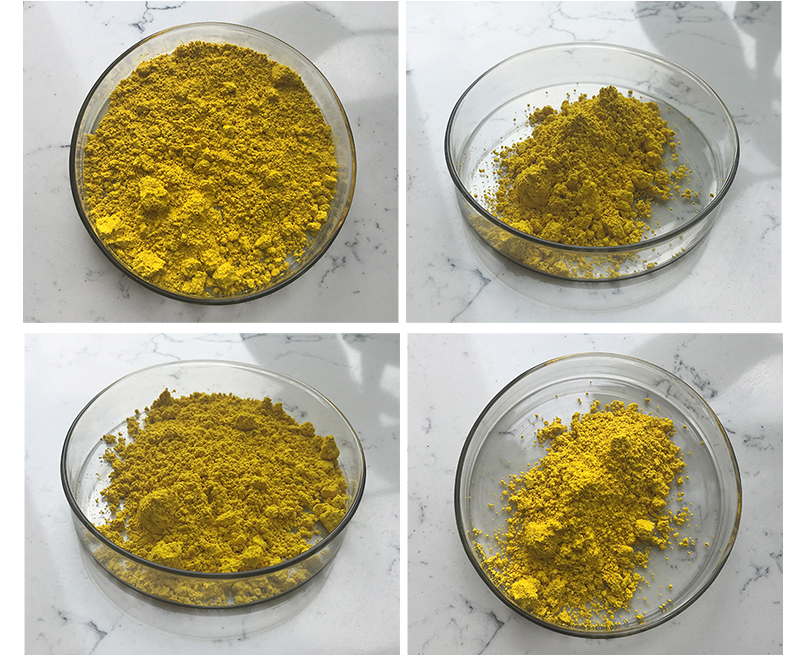Berberine HCL (hydrochloride) is a compound derived from various plants, including goldenseal, barberry, and Oregon grape. It’s recognized for its potential health benefits and has been used in traditional medicine for centuries. Here’s a comprehensive overview of berberine HCL:
Chemical Structure and Properties
- Chemical Formula: C20H18NO4S
- Classification: Alkaloid
- Solubility: Berberine HCL is soluble in water due to its hydrochloride form, which enhances its bioavailability.
Mechanism of Action
- AMPK Activation: Berberine HCL is known to activate AMP-activated protein kinase (AMPK), which plays a crucial role in cellular energy homeostasis. This activation can lead to improved metabolism and insulin sensitivity.
- Gut Microbiota: It may also influence gut microbiota composition, promoting the growth of beneficial bacteria and suppressing harmful ones.

Health Benefits
- Blood Sugar Control: Berberine HCL has been shown to help lower blood glucose levels and improve insulin sensitivity, making it a popular supplement for managing type 2 diabetes.
- Cholesterol and Lipid Levels: It may help reduce LDL cholesterol and triglyceride levels, contributing to better cardiovascular health.
- Weight Management: Some studies suggest that berberine can aid in weight loss by enhancing metabolism and promoting fat loss.
- Anti-Inflammatory Effects: Berberine exhibits anti-inflammatory properties, which can benefit various chronic conditions.
- Antimicrobial Activity: It has been shown to possess antibacterial, antiviral, and antifungal properties.
Dosage and Administration
- Typical Dosage: Common dosages range from 500 mg to 1,500 mg per day, divided into two or three doses.
- Formulation: It is available in capsules, tablets, and powder forms.
Side Effects and Precautions
- Common Side Effects: Some individuals may experience gastrointestinal issues, such as diarrhea, constipation, and stomach cramps.
- Drug Interactions: Berberine HCL can interact with several medications, including those for blood sugar control, anticoagulants, and certain antibiotics.
- Pregnancy and Nursing: It is generally recommended to avoid berberine during pregnancy and breastfeeding due to limited safety data.

Research and Evidence
- Clinical Trials: Numerous studies have investigated berberine’s effects on diabetes, cholesterol, and weight management, showing promising results but emphasizing the need for further research to confirm long-term safety and efficacy.
- Traditional Use: Historically used in traditional Chinese and Ayurvedic medicine, berberine has a long-standing reputation for treating various ailments.
Conclusion
Berberine HCL is a potent natural compound with several health benefits, particularly for metabolic disorders. However, it is essential to consult with a healthcare provider before starting any new supplement, especially for individuals with existing health conditions or those taking other medications.
If you have specific aspects of berberine HCL you’d like to explore further, feel free to ask!
